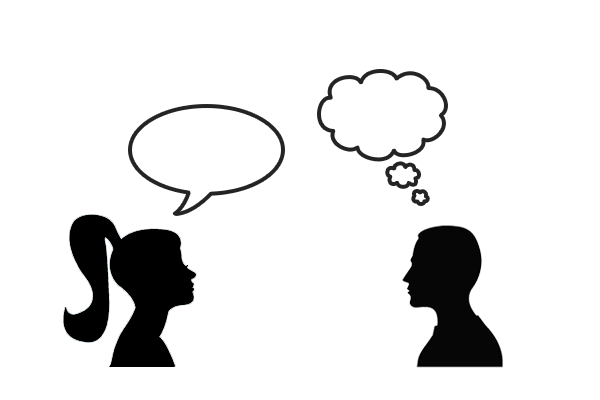
Schizophrenia is a mental illness with severe repercussions in a social, professional and/or personal life. It has been widely demonstrated that schizophrenic patients have deficits in theory of mind in the “acute” phase of the disease. The theory of mind is defined as the ability to attribute mental states to oneself and to others. However, the evaluation of this component of social cognition needs improvement. The use of traditional tasks has become obsolete and “ecological” tasks are of the “paper-and-pencil” type, they do not sufficiently reflect real difficulties.
A rationale for my study was the difficulty to objectify interactional skills of everyday life by sensitive tasks. My work was done in the context of improving the sensitivity of tools to identify disorders of daily life. The working hypothesis, written by the author White (2013), was that “open-ended/unstructured tasks”, initially intended for the evaluation of executive functions, allowing evaluate theory of mind in an ecological way.
To support the hypothesis, we used the “open-ended tasks” and the “structured tasks” from the Behavioral Assessment of Dysexecutive Syndrome (BADS) (Wilson and al., 1996), a classic task of theory of mind : Faux pas task (Baron-Cohen and al., 1999) and a social life questionnaire which is a Functional Repercussion Scale of Social Cognition Disorders, the ERF-CS (Peyroux and Gaudelus, 2014).
To expose the results, schizophrenic patients had lower average scores than control participants : at the standard score and at the performance for each subtest of the BADS (Wilson and al., 1996), for the emotional side of theory of mind at the Faux pas task (Baron-Cohen and al., 1999) and for to detect the absence of Faux pas in the stories. But there were no significant difference between the two groups in all of these tasks. On the other hand, in schizophrenic patients, I found a link between the cognitive aspects of theory of mind in the Faux pas task (Baron-Cohen and al., 1999) and theory of mind abilities in the questionnaire social life (Peyroux and Gaudelus, 2014). And for this population, the lower the “open-ended task” results, the higher the ERF-CS questionnaire scores for the emotional processes.
In view of the hypothesis formulated, in schizophrenic patients, the “open-ended tasks”, resulting from the evaluation of the executive functions, seem to involve social cognition abilities, concerning the emotional processes.
![]()